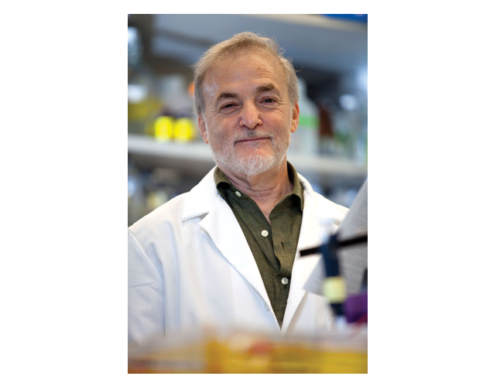While it is now well established that low-dose, daily or frequent use of aspirin can considerably reduce the risk of cardiovascular disease and colorectal cancers, new findings from the Mayo Clinic at Rochester (MN, USA) show that aspirin can also reduce the risk of cholangiocarcinoma or bile duct cancers. In this study that included more than 7,000 people, those who took aspirin at least once a week had 65-70% lower risk of developing bile duct cancer than those who didn’t. Chronic inflammation can promote cancer and aspirin may protect against certain cancers by reducing or eliminating inflammation.
A call for caution is however in order as aspirin is contraindicated in several conditions including gastroesophageal reflux disease (GERD) and stomach ulcers, hemophilia and other clotting diseases, Reye’s Syndrome, during pregnancy or breastfeeding, and in cases of allergies to salicylate non-steroidal anti-inflammatory drugs (NSAIDs).
Risk of bile duct cancers can also be lowered by not smoking, and with the sensible management of predisposing conditions such as biliary tract and liver diseases, hepatitis B virus infection, and diabetes (Cancer Epigenetics Society news, May 10, 2016).






